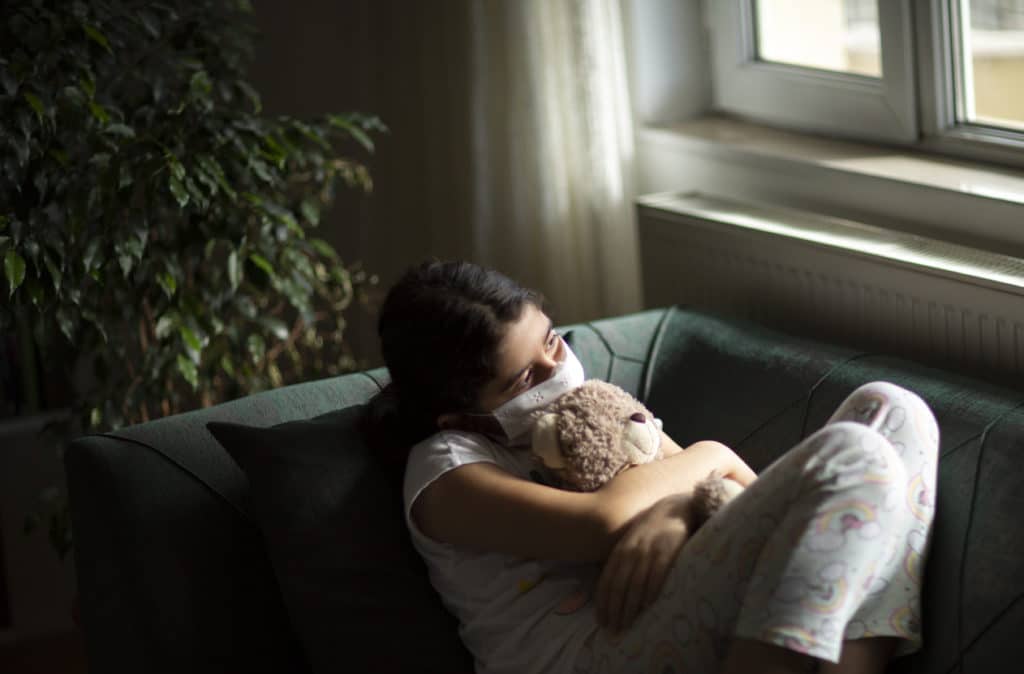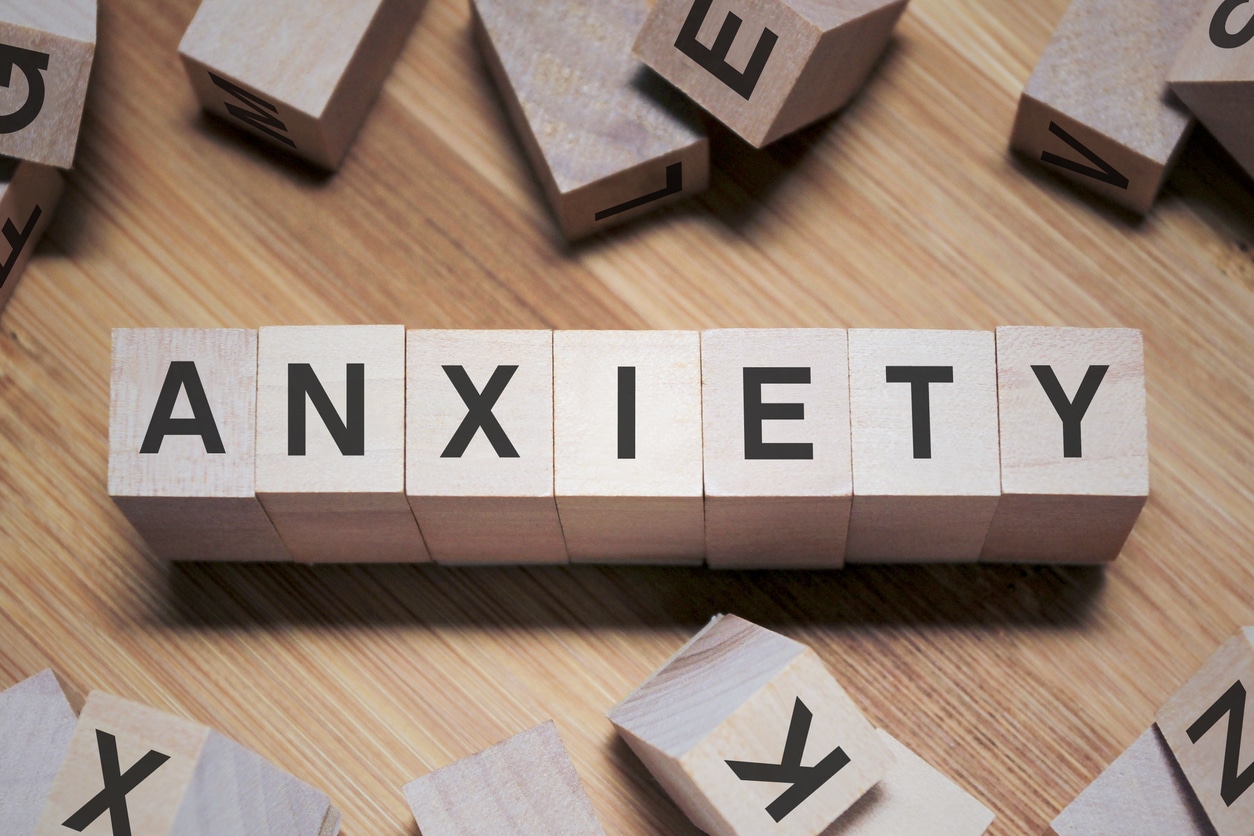By now, everyone has heard of the coronavirus disease (COVID-19), which causes cough, fever, and shortness of breath. It was first discovered in China in late 2019 and is now considered a public health emergency and a pandemic. As the situation evolves, many people are experiencing emotions ranging from mild anxiety to serious panic. If you’re feeling anxiety around COVID-19, here are some tips for how to cope with it.
Should I be feeling anxious about the coronavirus?
Feeling anxious during a disease outbreak like the coronavirus is normal. In fact, having some anxiety can motivate you to maintain good hygiene habits, like washing your hands more frequently and minimizing contact with other people.
Severe anxiety, on the other hand, can be debilitating. You may have too much anxiety about the coronavirus if you:
- Are preoccupied with thoughts of it for most of the day
- Are unable to concentrate on other things
- Have difficulty sleeping and/or eating
If the stress from the coronavirus is worsening a physical or mental health condition or causing you to self-medicate with drugs or alcohol, then it is also a problem.
What are some tips for dealing with anxiety about the coronavirus?
If you’re feeling overwhelmed or panicked about the coronavirus, you can take steps to help keep your anxiety controlled.
- Keep your news consumption to two to three credible sources for 30 minutes or less per day: Too much news consumption can make your anxiety worse. So if you’re feeling overwhelmed by the media coverage of COVID-19, then make an effort to keep it to a minimum. If you notice that you’re anxious at night, avoid the news a few hours before bed.
- Challenge your irrational thoughts and replace them with facts: Irrational thoughts and beliefs are untrue or exaggerated thoughts about a situation. In contrast, rational thoughts are accurate and based on facts. An example of a rational thought would be: “There is a risk that I could catch the virus. But if I take the recommended precautions, then I will significantly decrease my risk.” Irrational thoughts foster anxiety, while rational thoughts help you view a situation more accurately and calmly.
- Practice at least 5 minutes of relaxation each day: Counteract your stress with time spent in relaxation. For some people this may mean taking a hot bath, reading a book, or meditating. If you’re unsure what to do, you can try deep breathing, which stimulates the parasympathetic nervous system and helps induce calm. Start by setting a timer for 5 minutes and sitting in a comfortable space. Breathe in through your nose for 4 seconds, hold it briefly, and then exhale through your nose for 6 seconds. Continue this practice for the remainder of the time.
- Stay in contact with your support system through phone, internet, and social media: This is very important. Humans are social creatures, and if you have to limit contact with loved ones, it can lead to feelings of isolation and depression. Whether you’re quarantined, social distancing, or just being careful, maintain contact with friends and family in whatever way you can.
- If you’re unable to cope with your anxiety on your own, seek professional help: If you’re concerned about seeing a provider in person, you may be able to meet with a mental health professional through phone or video chat (telehealth). The Coronavirus Preparedness and Response Supplemental Appropriations Act is a new law that allows healthcare providers to bill Medicare for services that are carried out through telehealth. You can call your health insurance company, speak with your physician, or conduct an online search for local mental health professionals.
How can I help children cope with anxiety about the coronavirus?

Children and teens may also feel anxious about COVID-19, especially if they receive false information or mixed messages. The best way to help your child understand the coronavirus depends upon their age and maturity level. But in general, consider the following tips:
- Stay calm when talking about the virus in front of your children: Remember that you are a model for your child. If they see you panicking, then their anxiety will go up, too. Make an effort to remain calm when speaking about the coronavirus to them or when they might overhear.
- Stick to the facts, keep it brief, and allow them to ask questions: School-aged children are most likely going to hear about COVID-19 from peers or other adults, so not discussing it can be confusing. However, sharing a large amount of information could be overwhelming. So you want to strike a balance between being open and honest without sharing too much. When talking to children, explain the basic facts without going into details and give them a chance to talk about how they feel and ask questions.
- Explain steps that they can take to reduce their risk: Giving your child things to do that can help them prevent the virus can increase their sense of control over the situation. Discuss how properly washing their hands and eating and sleeping well can help keep them healthy.
- Limit your child’s news exposure: The exact limits will depend upon their age. Young children should not have access to news at all and should only hear about the virus from you. Older children may want to read or watch the news to feel more in control and aware. Allow them some exposure, but keep it limited to once a day. Remember that your children are observing your habits, so stick to the limits that you set for yourself as well.
- Encourage children to have fun in different ways: If your child loves to spend time with other kids, you may wonder how you can allow them to still have fun while limiting their contact with other people. Consider creative ways to have fun, like family game or movie nights, making a fort at home, or giving them a cooking lesson.


